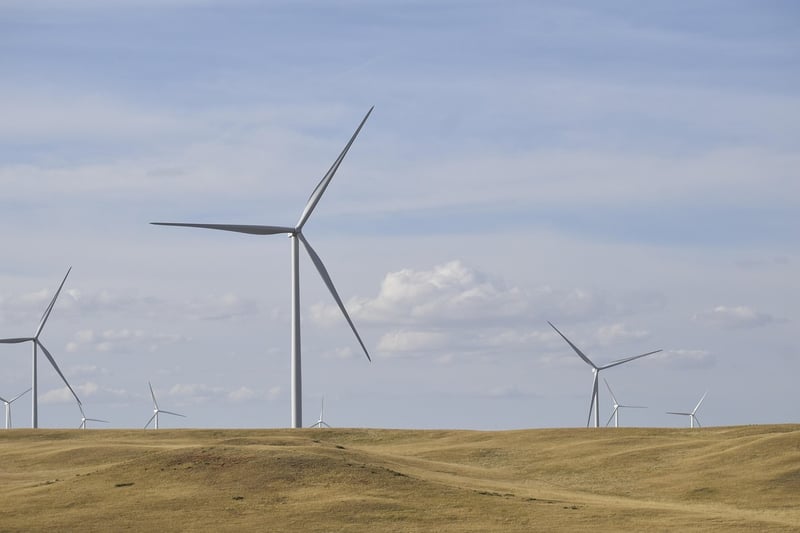Sustainable Food Production
Innovative Farming Methods for Sustainable Food Production
Farming has been an essential part of human civilization for thousands of years, providing sustenance and livelihoods. However, with the growing global population and environmental challenges, traditional farming practices are no longer sufficient to meet the increasing demand for food while preserving the planet. To address these issues, innovative farming methods that promote sustainable food production have been developed. These methods aim to maximize efficiency, reduce environmental impact, and ensure food security for future generations.
1. Vertical Farming
Vertical farming is a revolutionary approach that involves growing crops in vertically stacked layers in controlled environments. This method utilizes unused vertical space, requires less water and land than traditional farming, and allows for year-round crop production. By using techniques such as hydroponics and aeroponics, vertical farming can produce high yields of fresh produce with minimal environmental impact.

2. Precision Agriculture
Precision agriculture involves using technology such as GPS, sensors, and drones to optimize farming practices. By collecting data on soil conditions, weather patterns, and crop health, farmers can make informed decisions to enhance productivity and reduce resource wastage. Precision agriculture enables targeted application of water, fertilizers, and pesticides, leading to higher yields and lower environmental impact.

3. Aquaponics
Aquaponics is a sustainable farming method that integrates aquaculture (fish farming) with hydroponics (soilless plant cultivation). In an aquaponic system, fish waste provides nutrients for plants, while the plants filter and purify the water for the fish. This symbiotic relationship creates a closed-loop system that maximizes resource efficiency and minimizes waste. Aquaponics can produce both fish and vegetables in a sustainable and environmentally friendly manner.

By adopting these innovative farming methods and embracing sustainable food production practices, farmers can contribute to a more resilient and environmentally friendly agricultural system. These methods not only help meet the food demands of a growing population but also ensure the long-term health of our planet for future generations.
References:
National Geographic - Vertical Farms
Agriculture.com - Precision Agriculture
University of Minnesota Extension - Aquaponics
